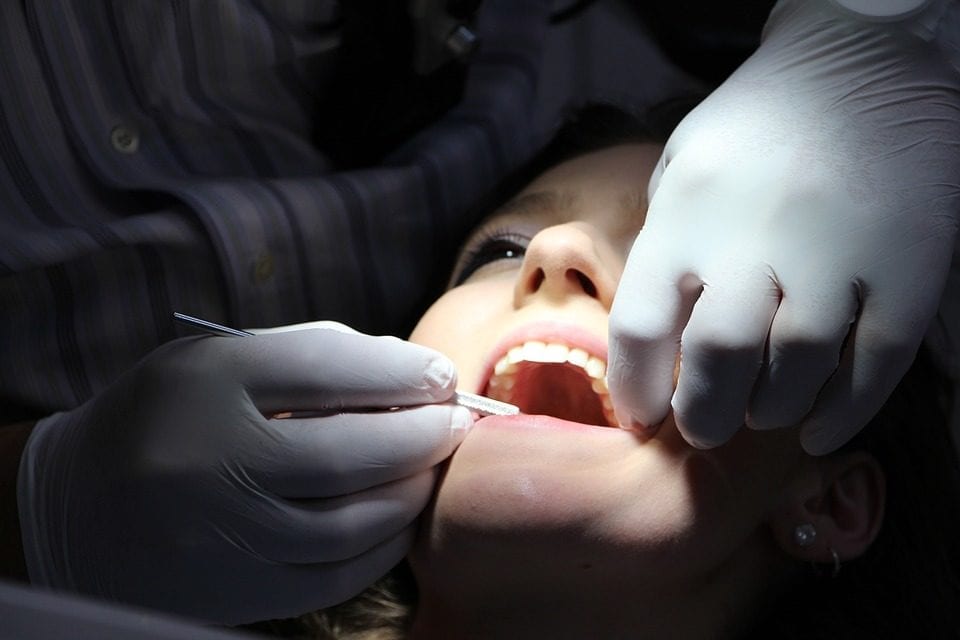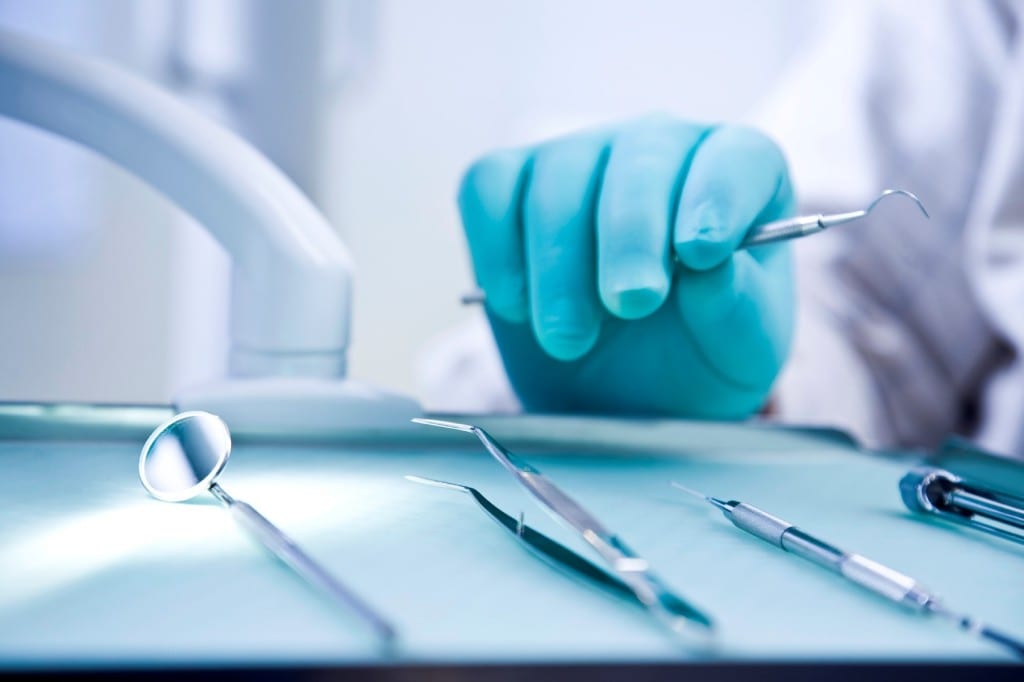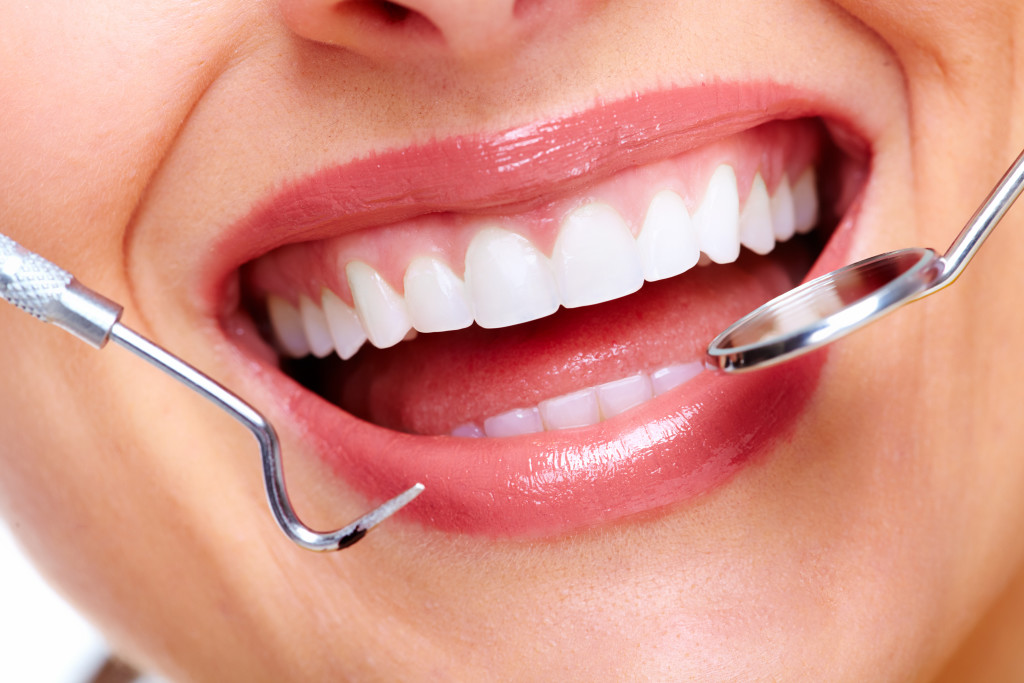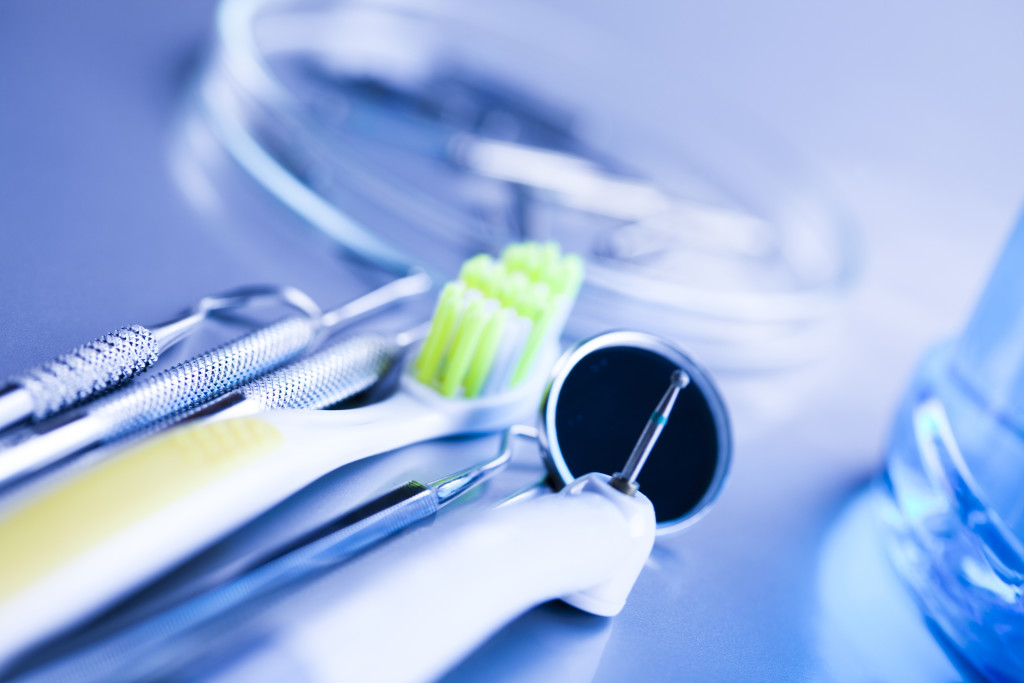 What complications may occur after local dentist anesthesia.
What complications may occur after local dentist anesthesia.
Local anesthesia at the dentist will allow us to avoid pain and shorten the time of staying in the dental chair. However, is anesthesia always safe? Unfortunately, even local anesthesia affects our entire body. Local anesthesia avoids pain in a certain area of the body, but we must remember that it also affects the entire body. For this reason, the general state of health of the patient should always decide on the choice of the agent, its concentration, site and route of administration. There is no optimal anesthetic drug, i.e. one that could be given to anyone without any reservations. It all depends on which place you need to anesthetize and for how long, also our diseases, allergies and other circumstances that the dentist will ask in an interview are a significant limitation.
In some cases, some complications may occur after using local anesthesia. Most of them are not too severe and disappear spontaneously, but some require the help of a doctor.
- Insufficient anesthesia – too little anesthetic or injected in the wrong place and the patient is still in pain.
- Damage to the sensory nerve – depending on the degree of damage, it can last up to several months until the nerve fibers regenerate.
- Motor nerve palsy – this is, for example, facial pain, which usually disappears without treatment, after absorbing the anesthetic fluid, after a few hours.
- Needle breakage – it usually occurs when the patient shifts violently during the injection. If the broken end of the needle can not be captured with forceps, do not remove it immediately. This procedure must be performed by an experienced surgeon in a hospital setting.
- Hematoma – rupture of the wall of the vessel with the sharp end of the needle causes the formation of a hematoma at the injection site. Small and uninfected hematomas recede without sequels (during regression there is a transient discoloration of the skin and mucous membrane of the area from the blue-red color, through greenish to yellow).
- Pain after regression of anesthesia – late pain after anesthesia may be caused by tearing the tissues with a dull needle or excessive stretching by fast injection of liquid under high pressure, another reason may be injection of fluid at too low temperature or too cool the anesthetic area.
- There may also be general complications (related to the whole organism), for example related to allergy to a given anesthetic or due to certain diseases of the patient.
Before applying anesthesia we should tell the dentist about what we are ill, whether we are pregnant or whether we do not have allergies. This information will help you choose the right anesthesia and avoid complications after its application.
Picture Credit: rgerber






